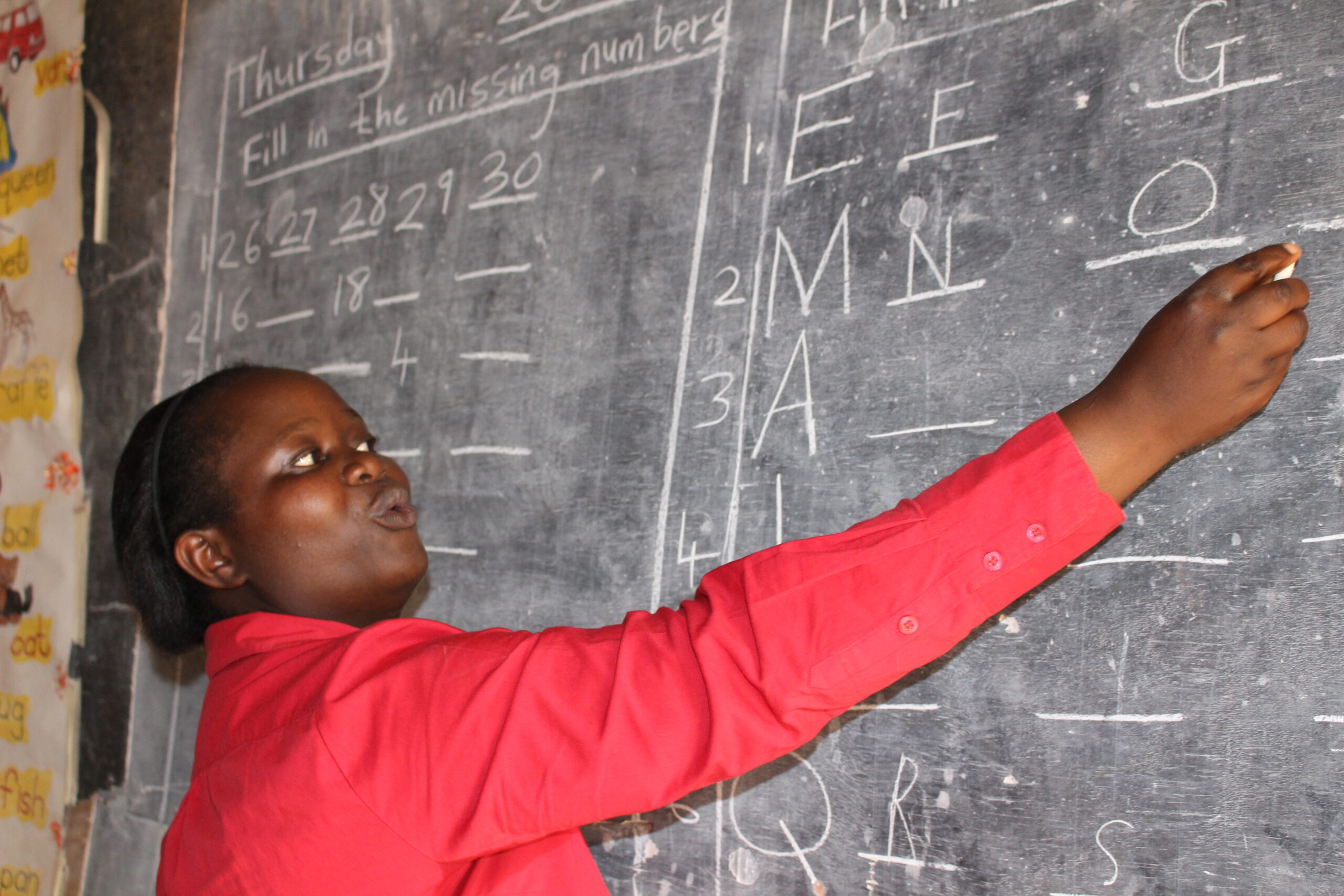By Deborah Kimathi – Chief Executive Officer, Dignitas
Part Two
In the last quarter of 2022 I had the immense privilege of learning from, and sharing with, colleagues, experts and friends from Global Schools Forum, Global Schools Leaders, British Council and Centro Lemann. With 2023 kicking into full gear, and an exciting year ahead for Dignitas, I’ve been reflecting on what I gleaned from these interactions, and how it might shape our work moving forward. I’ll be sharing some thoughts in a 2-part blog series.
Welcome to Part Two!
One of these conversations was titled ‘Navigating complexities of school leadership training’ and was co-hosted by Global School Leaders, World Bank and the Education Commission.
I had the honour of moderating a conversation between Rodigo Lopez, CEO of Aptus (Chile) and Associate Professor Moorosi Pontso (University of Warwick). We had a rich conversation about what works to ensure effective school leadership training, what complexities exist around the training of school leaders, and together, we tried to reach some conclusion on what (and who) needs to be prioritised.
Here are the highlights of our discussion:
- School leader training must be practical, relevant and accessible. As we’ve learned through Dignitas school partnerships, training is often meaningless without equivalent (if not more) time, energy and resource invested in modelling, practice and reflection.
- Distributed leadership is not the same as delegation. As we begin to talk more and more about ‘teacher leadership’ or ‘collective leadership’, this is an important distinction to make. Traditional task delegation reinforces unhealthy power dynamics, and doesn’t often embody the support needed to truly distribute leadership. However, leaders who share autonomy and agency in a manner that nurtures and supports emerging leadership really distribute leadership in a way that impacts across the school and community.
- Perhaps it is time for us to re-imagine leadership. Dr Moorosi proposed that we decolonise typical models of leadership, and lean into models that are aligned to and informed by indigenous models such as Ubuntu. Exploring indigenous conceptualisations of leadership leads us to ask important questions that should drive the design of our support – who holds the expertise and the power, and why? What about shared models of leadership that create a strong foundation for peer to peer support – much more likely to embed sustainability and impact beyond cycles of external actors? In doing so, we begin to re-discover and embrace indigenous ways of knowing, learning and leading.
- We must focus on values-based leadership. Values underpin everything else. A leader cannot drive vision, mission and culture without values, cannot focus on equity and inclusion without values.
- We need to bridge the gap between research and practice. Far too often, research and practice exist in completely separate worlds, and fail to inform each other in the way they should. Practice must be evidence-driven, and research must be informed by practice.
Throughout the conversation there was a rallying call for us to take a holistic approach to school improvement. Piecemeal effort won’t offer the transformation we need – a child doesn’t need one good teacher, a child needs a great school, with good teacher followed by good teacher, supported by a great leader in an environment that allows them to thrive.

